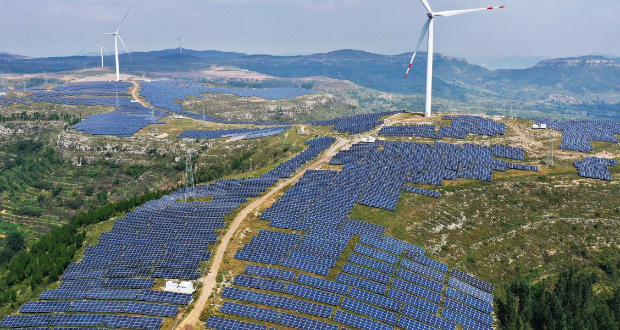In a recent report, the Sierra Club argues that foreign investors’ ability to sue host governments under ISDS for discriminatory practices or unfair treatment hinders climate-friendly efforts by channeling funds away from “green” technologies and toward fossil fuel companies’ bottom lines. “The only sensible path forward,” Sierra claims, “is to end the era of ISDS” through removing the mechanism from existing bilateral investment treaties and free trade agreements as well as excluding it from all future ones. After decades of support for ISDS provisions as safeguards for investor rights and promoters of foreign investment, several European countries have embraced this climate-centric skepticism and withdrawn from the Energy Charter Treaty, a multilateral framework for cross-border cooperation in the energy industry. Likewise, President Biden, with the backing of many Democrats in Congress, has excluded an ISDS mechanism from his administration’s ongoing trade negotiations.
Such a stark policy shift among advanced democracies rests on shaky and short-sighted premises. Many of the arguments against ISDS overemphasize the small share of ISDS cases pertaining to fossil fuel investments and overlook the growing number of “low carbon” cases, which cover wind, solar, hydro, and nuclear power projects. Other arguments inflate the success of fossil fuel firms engaged in ISDS disputes and the apparently hostile public attitudes toward the mechanism’s continued use. In total, these claims rely on a dubious foundation to wholly scrap, forget reform, a generally successful component of international investment law—and one that is all but certain to play an increasingly important role in the future. As state-led investments, such as those within the Inflation Reduction Act and European Green Deal, emerge as incentives for private sector involvement in the clean energy transition and friendshoring efforts, the legal certainty and stability provided by ISDS mechanisms will prove critical in facilitating cross-border investment.




